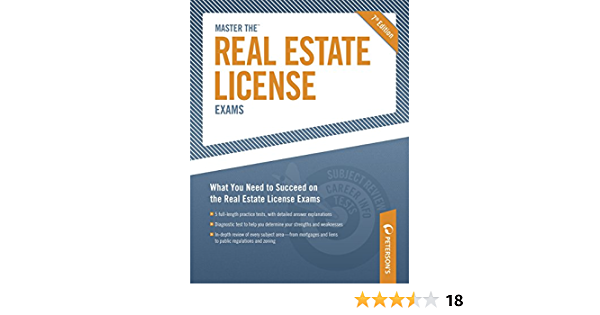
Closing Day is the last step of your home buying journey. It marks the end of negotiations, the completion of inspections and, most importantly, it is the moment you become the legal owner of your new home!
It is exciting for buyers and can also be nerve-wracking. Closing day involves lots of paperwork as well as the final performance between the buyer, the seller and the lender for the sale and financing of the home.
You have responsibilities for closing day
You will be responsible for reviewing and signing various legal documents detailing the terms of sale on the closing day. Most of the documents will be related to your mortgage. However, there are other things that you should know before signing them.

What happens once you sign the closing documents
Once you have signed your closing documents, you will need to provide the lender with a document known as an "estate" or a 'title' that officially transfers ownership of your property. This can take a few hours, but it will be worth it to ensure that you own the house outright and that no liens have been placed against it.
You'll also be required to sign the mortgage form, which details the amount you owe, the rate of interest you pay, and other important information regarding the home loan. This document, which highlights your rights as a borrowers, is crucial to the closing.
You agree, when you sign an mortgage, to repay it in full. In case of default, you may lose your house.
If your financial circumstances have changed since applying for a loan, the lender may want to confirm that you qualify. The lender will give you a copy to sign and review of your mortgage closing disclosure or "closing statements". You should ask your mortgage broker or realtor if there are any questions regarding your financial situation.

What's more, your lender might also require you to sign other documents pertaining to the mortgage. Some of these documents include an Affidavit Of Truth or a Statement that you have completed all repairs prior to closing.
The closing documents that you are required to sign will vary greatly depending on the house you're buying. Some lenders ask you to sign "mortgage documents" which state that the appraisal of the home has been completed and you are not behind on previous mortgages.
Affidavits have become a key part of the buying process for a house, because they verify that all the information you provided was true. The affidavit confirms that you made all the necessary repairs before closing the sale and that the property is in good working order and can be sold for the full price.
FAQ
How can I determine if my home is worth it?
Your home may not be priced correctly if your asking price is too low. A home that is priced well below its market value may not attract enough buyers. Get our free Home Value Report and learn more about the market.
Can I purchase a house with no down payment?
Yes! Yes. These programs include government-backed mortgages (FHA), VA loans and USDA loans. Visit our website for more information.
What are the disadvantages of a fixed-rate mortgage?
Fixed-rate mortgages tend to have higher initial costs than adjustable rate mortgages. You may also lose a lot if your house is sold before the term ends.
Statistics
- When it came to buying a home in 2015, experts predicted that mortgage rates would surpass five percent, yet interest rates remained below four percent. (fortunebuilders.com)
- This seems to be a more popular trend as the U.S. Census Bureau reports the homeownership rate was around 65% last year. (fortunebuilders.com)
- This means that all of your housing-related expenses each month do not exceed 43% of your monthly income. (fortunebuilders.com)
- The FHA sets its desirable debt-to-income ratio at 43%. (fortunebuilders.com)
- 10 years ago, homeownership was nearly 70%. (fortunebuilders.com)
External Links
How To
How to Purchase a Mobile Home
Mobile homes are houses built on wheels and towed behind one or more vehicles. Mobile homes are popular since World War II. They were originally used by soldiers who lost their homes during wartime. People who live far from the city can also use mobile homes. There are many options for these houses. Some houses are small while others can hold multiple families. Even some are small enough to be used for pets!
There are two main types of mobile homes. The first type is produced in factories and assembled by workers piece by piece. This happens before the product can be delivered to the customer. Another option is to build your own mobile home yourself. Decide the size and features you require. Next, ensure you have all necessary materials to build the house. You will need permits to build your home.
If you plan to purchase a mobile home, there are three things you should keep in mind. First, you may want to choose a model that has a higher floor space because you won't always have access to a garage. A larger living space is a good option if you plan to move in to your home immediately. Third, make sure to inspect the trailer. Damaged frames can cause problems in the future.
It is important to know your budget before buying a mobile house. It is important to compare the prices of different models and manufacturers. It is important to inspect the condition of trailers. There are many financing options available from dealerships, but interest rates can vary depending on who you ask.
It is possible to rent a mobile house instead of buying one. Renting allows you to test drive a particular model without making a commitment. However, renting isn't cheap. Renters usually pay about $300 per month.